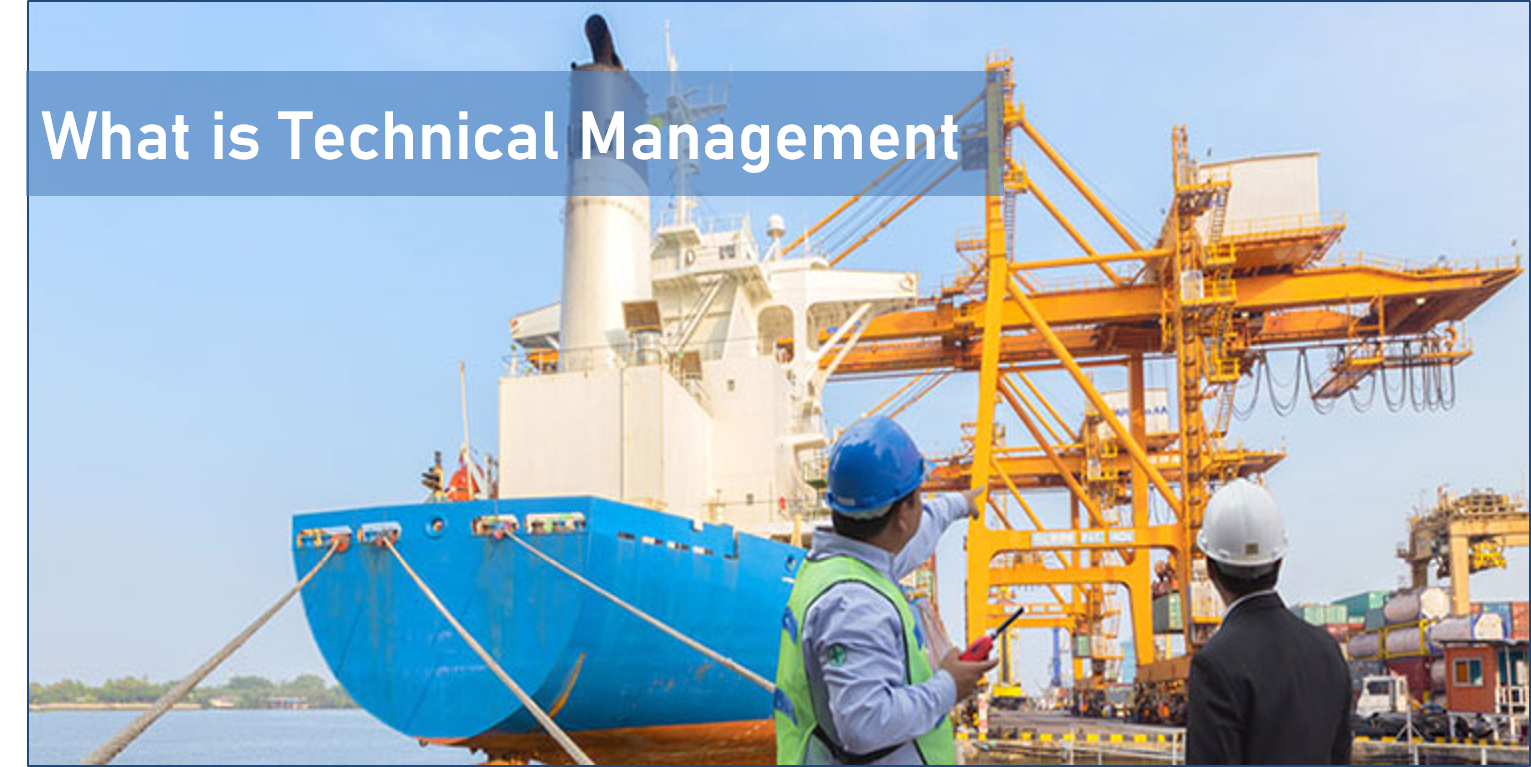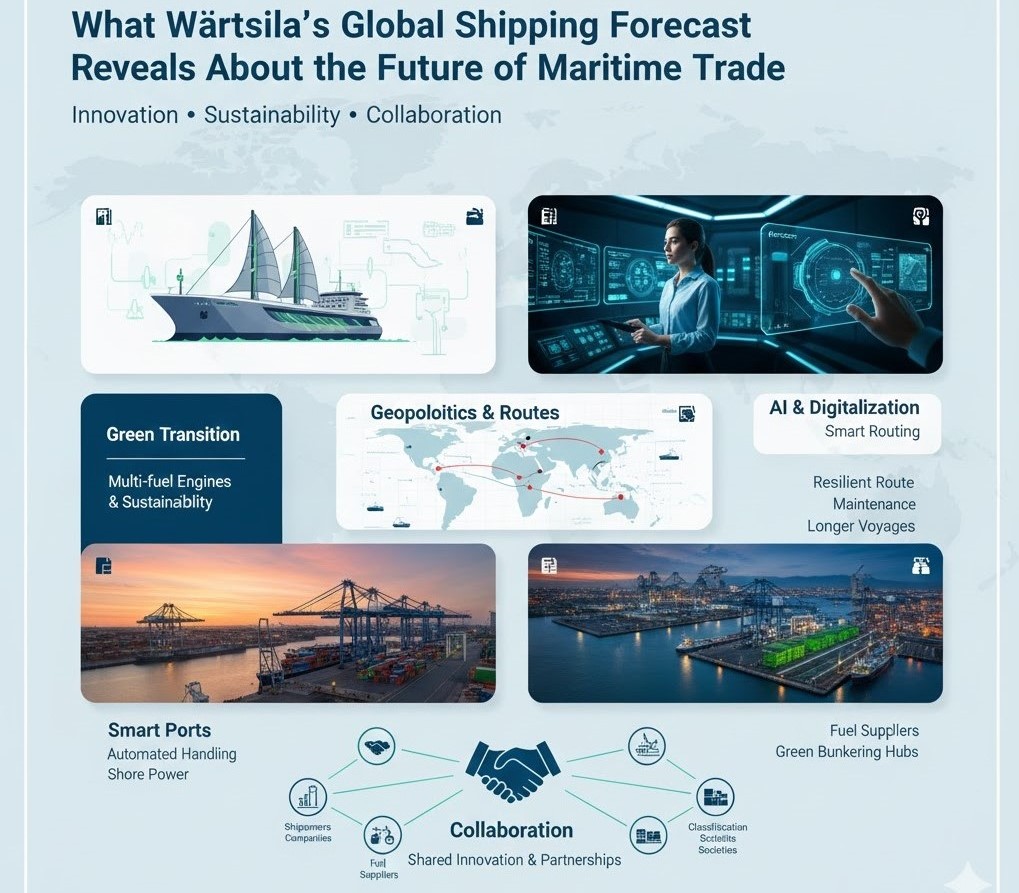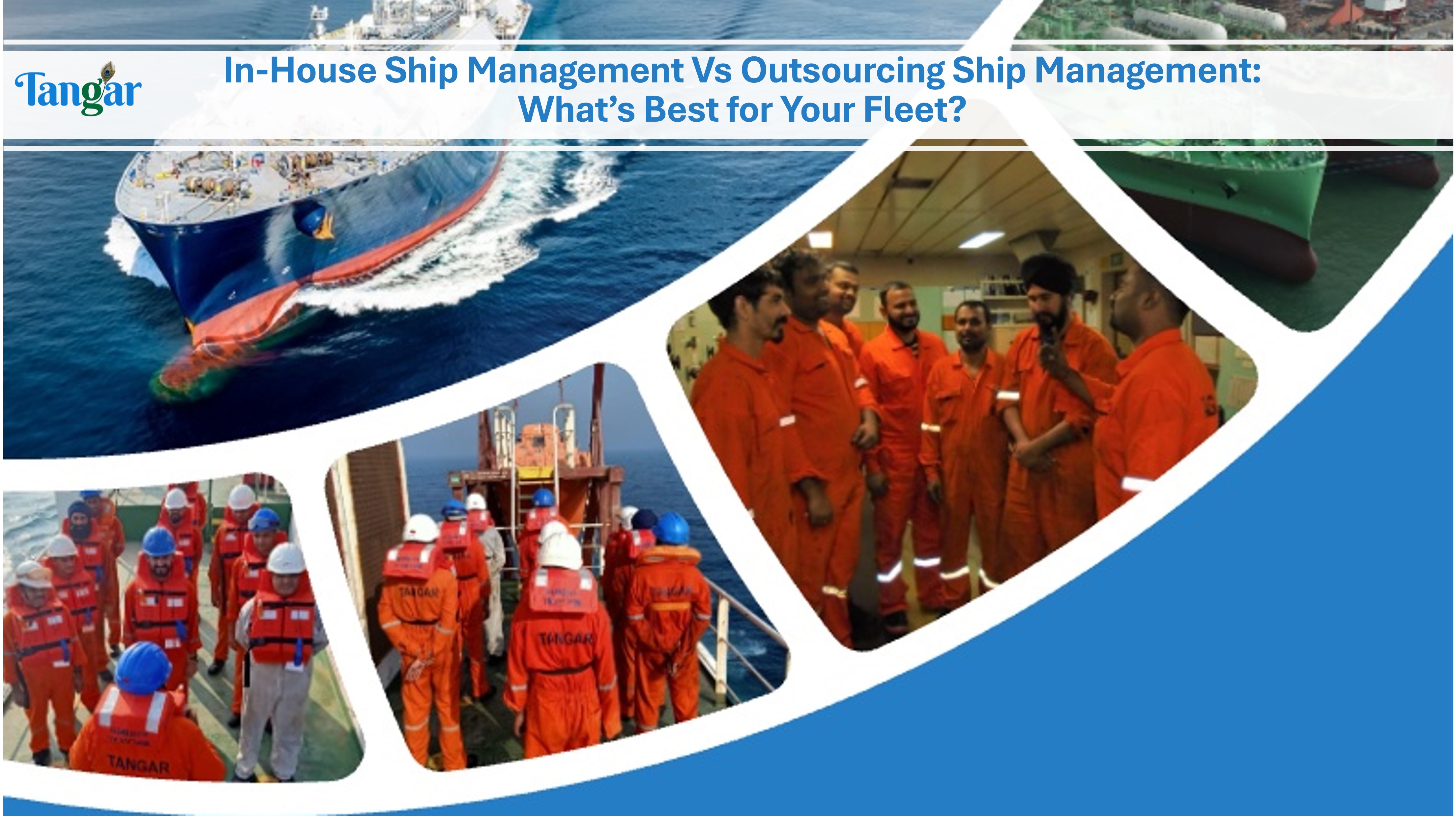
CAREER DEVELOPMENT AND RECRUITMENT IN THE MARITIME SECTOR
Navigating Career Growth and Recruitment in the Maritime Industry
The maritime industry presents a vast array of career opportunities, ranging from traditional seafaring roles to specialized positions in environmental management, engineering, and logistics. With the sector constantly evolving due to technological advancements, sustainability initiatives, and global trade demands, career development and recruitment strategies are also transforming. Here’s a closer look at key aspects shaping maritime careers today.
1. Diverse Career Pathways
Seafaring Professions: Jobs such as deck officers and marine engineers require specialized education and certifications. Career progression typically involves rising through the ranks, with opportunities to take on leadership roles aboard vessels.
Shore-Based Roles: Ports, logistics companies, and maritime consultancies offer land-based careers in marine engineering, port operations, regulatory compliance, supply chain management, chartering, and finance.
Technical and Environmental Specializations: As sustainability becomes a priority, the demand for environmental experts, engineers, and researchers focused on eco-friendly shipping technologies is growing.
2. Training and Educational Foundations
Maritime Academies and Institutions: Aspiring maritime professionals can receive specialized training in fields like navigation, logistics, chartering, engineering, and maritime law through accredited academies and universities.
Certifications and Licensing: Positions such as deck and engineering officers require internationally recognized credentials, including the Standards of Training, Certification, and Watchkeeping for Seafarers (STCW).
Lifelong Learning: Given the rapid technological shifts in the industry, professionals benefit from continuous learning in areas such as digital navigation, automated systems, and environmental compliance.
3. Technological Advancements Shaping Careers
Automation and Digitalization: The rise of digital navigation, autonomous vessels, and data-driven analytics is reshaping both shipboard and shore-based roles. Professionals proficient in these technologies are in high demand.
Cybersecurity Needs: With increasing digitization, safeguarding maritime networks and assets against cyber threats has become critical, creating specialized career opportunities in cybersecurity.
4. Recruitment Trends and Challenges
Attracting Young Talent: The maritime sector faces challenges in recruiting younger professionals due to time-at-sea commitments. Employers are addressing this by promoting work-life balance and clear career progression paths.
Diversity and Inclusion Initiatives: Efforts are underway to foster a more diverse workforce, encouraging greater participation from women and professionals from varied backgrounds.
Global Mobility Expectations: Maritime careers often require international travel or relocation. Companies seek candidates adaptable to different cultural and geographic settings.
5. Career Growth and Industry Support
Mentorship and Training Programs: Many maritime firms offer structured mentorship programs to support career progression for junior professionals.
Skill Enhancement: Organizations provide training in leadership, project management, and other transferable skills to facilitate career transitions within the industry.
Networking and Professional Associations: Industry bodies such as the International Maritime Organization (IMO) offer valuable networking opportunities and resources for career advancement.
Conclusion
The maritime industry offers a wide range of career opportunities across sea and shore-based roles. As the sector embraces technological innovation, sustainability, and inclusivity, it continues to attract and develop the next generation of maritime professionals through education, training, and structured career growth initiatives.










